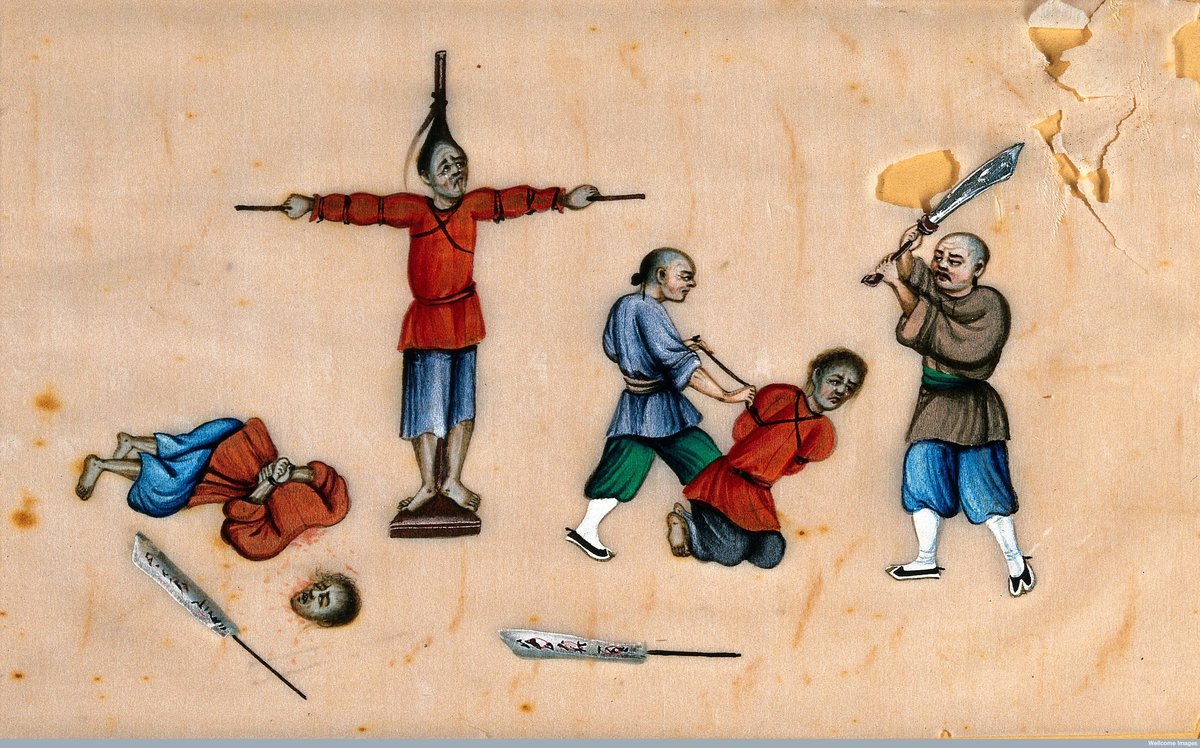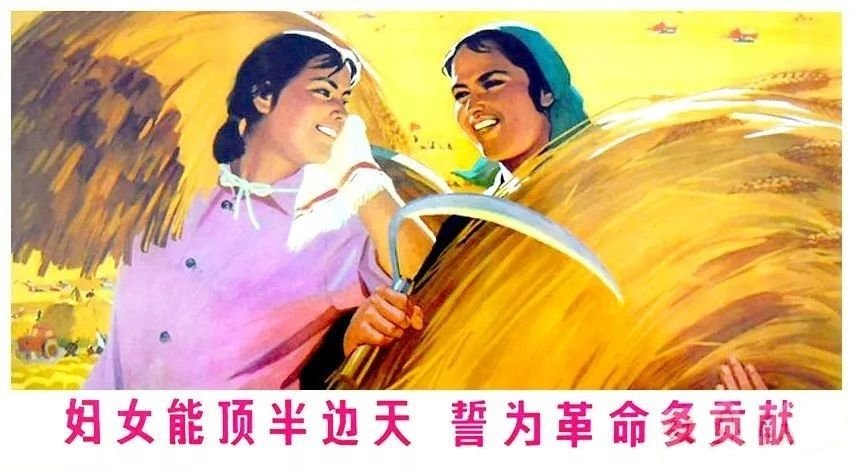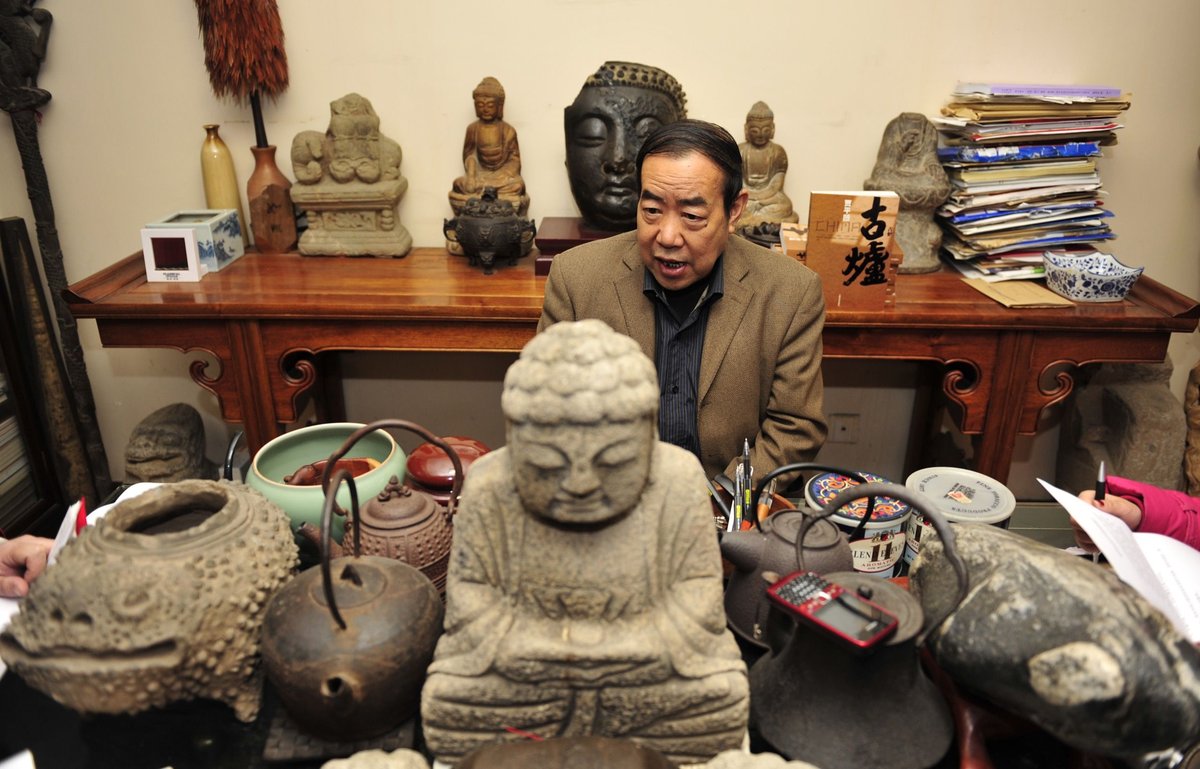Feminist issues, viral frog memes, nostalgia for internet cafes...These were our most-read stories in 2023.
TWOC has had a big year in 2023. Along with publishing hundreds of articles, we also celebrated the 100th issue of our print magazine. We’ve reported on feminist issues, workers struggling to find employment, the impact of AI across many sectors, and the explosive popularity of a sad frog meme.
After reviewing all our content from 2023, we compiled the eight most-read pieces on our newly updated website and various social media channels. We’ll bring you more in-depth stories about China in the new year.
Why Are Sad Frogs Invading China’s Streets?
Thirty-two-year-old Tong never imagined she would become a trendsetter when she began roaming the streets of Nanjing, Jiangsu province, selling balloons in a frog costume she created this past spring. A video of the former teacher in the costume quickly went viral online, with netizens charmed by the sad-looking character waddling down the street, holding a loudspeaker in one hand and frog balloons in the other. The sad frog quickly became an internet meme, trending across all of China’s social media channels. Now, people wearing the costume are a common sight on city streets.
However, not everyone is happy about these hoppers. Videos online show urban management authorities in several locations putting a stop to the frogs and their hawking. They argue these frogs are selling on the streets without a license, or just causing a nuisance to the public.
Last Logout: The Memories Left Behind When World of Warcraft Ended in China
The year started on a somber note for Chinese gamers, who had to bid farewell to World of Warcraft on January 23. After two decades in the country, the US video game publisher Activision Blizzard took the game’s China servers offline following the expiration of its licensing agreement with the Chinese distributor NetEase.
Many Chinese gamers grew up with the game, whiling away hours leveling up their characters. While we may never know the exact details behind the split between the two companies, or whether Blizzard will return to China someday, committed players created accounts on servers abroad to continue playing.
Death by Flaming Shoes and Hundred Cuts: Disturbing Methods in Ancient Chinese Torture
In September 1630, Ming dynasty general Yuan Chonghuan (袁崇焕) met a grim fate due to military failure and false accusations of treason. He was executed by the brutal method of lingchi (凌迟), or “slow slicing.” Over thousands of years, extreme penalties like the “five punishments (五刑)”—tattooing the face or forehead (墨), cutting off the nose (劓), amputating the feet (剕), removing reproductive organs (宫), and death (大辟)—and lingchi were imposed in China for crimes ranging from treason to theft.
Extreme torture in the justice system persisted until the Qing dynasty (1616 – 1911), when only flogging was left as an official physical punishment for crimes, alongside the death penalty for serious violations. Slow slicing was finally officially abolished in 1905; just 275 years too late for poor Yuan Chonghuan.
Net Nostalgia: Remembering the Glory Days of China’s Internet Cafes
For many Chinese born in the 1980s and ‘90s, internet cafes, or wangba (网吧) in Chinese, with their distinctive atmosphere and memorable sensual experience, were an important part of their youth. However, with the increased accessibility to smartphones and the internet, the once vibrant social spaces have been losing their appeal.
Despite efforts to adapt by offering e-sports facilities and diversifying services, the wangba industry struggles, with thousands of venues going out of business in 2020 due to the pandemic. Many surviving internet cafes have turned into a cheap place to sleep.
In this article, we looked back at the glory days of internet cafes in China and asked former customers what they miss most about the experience.
Tian Xiaopeng’s animated film Deep Sea tells the story of Shenxiu, a young girl struggling with depression, abandonment, and neglect. Transported into an underwater world during a cruise trip, Shenxiu encounters a sea spirit and a crew of adorable sea creatures and quickly confronts a menacing red monster.
Though the storytelling is flawed and the subject of depression handled haphazardly, the film still marks a significant innovation in Chinese animation. Breaking away from classical literature, Deep Sea’s original storyline is rooted in imagination. Its unique visual style, featuring a technique called “particle ink,” brings to life a vibrant and intricately detailed world.
Despite mixed reviews, its international premiere at the Berlin International Film Festival solidified its place in Chinese animation history, paving the way for future productions.
The Tortuous History of Modern Chinese Feminism
China’s modern feminist movement originated during the late Qing dynasty and gained momentum during the Hundred Days’ Reform in 1898. Since then, it has been a bumpy road to more freedom and greater equality for women.
Female liberation was put on the official national agenda after the founding of the PRC in 1949, with equality formally recognized by the state. In the post-reform era, feminist NGOs emerged, addressing issues like domestic violence, and the 1995 UN World Conference on Women, held in Beijing, was a significant milestone.
However, contemporary discussions of feminist ideology still face challenges, with certain topics deemed sensitive online and public figures sometimes scrutinized for gender-related matters. Meanwhile, some feminists are now seeking a more diverse focus beyond mainstream debates, emphasizing autonomy and choice as central to the movement’s evolution in China.
No Empty Gesture: Interpreting for the Deaf in China
Xiao Chi from Dalian, Liaoning province, grew up in a bilingual environment—using spoken Chinese and Chinese sign language (CSL). He started interpreting for his deaf family from a young age and now works as a CSL interpreter.
As the sole CSL interpreter at a driving school for the deaf, he navigated dialectal challenges and adapted signs to convey driving concepts. He also expanded his role beyond teaching, to training others to react in emergencies. Despite low wages, a pivotal incident reinforced his dedication: he was called to interpret for a group of deaf travelers involved in a bus accident, making him realize the vital need for CSL interpreters in emergencies.
Xiao Chi’s story sheds light on the challenges faced by China’s deaf community, emphasizing the importance of CSL interpreters in bridging communication gaps.
Jia Pingwa’s novel The Sojourn Teashop marks a departure from the author’s earlier works, often criticized for their portrayal of women. Originally published in 2020 with an English translation released in February 2023, the story centers around a group of 11 women, referred to as “the Sisterhood” and the “Eleven Pieces of Jade” who frequent the eponymous teashop in the fictional city of Xijing.
While offering a vivid depiction of contemporary urban life and middle-class dynamics, the novel also delves into a distinct feminine realm, exploring the multifaceted lives of women, in contrast to the one-dimensional female characters in Jia’s previous writings.





















